Category Index
L&D/HR
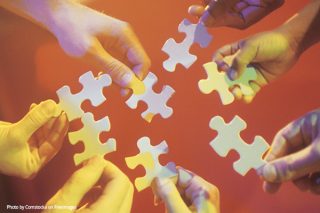
How TetraMap Catalyses Team Effectiveness?
March 5, 2024 - TetraMap_AdminWritten by TetraMap Facilitator Ian Blackwell who is an executive coach working for a large multi-national pharmaceutical company based in the UK. His role is to coach, lead and facilitate Team Effectiveness (TE) across several high-profile leadership teams as well as executional teams including aseptic ways of working.
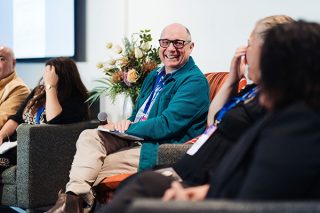
Making Space to Build Great Teams
September 12, 2023 - TetraMap_AdminProviding the right physical and psychic space is critical to creating highly functional teams and organisations.

Irreversible Impact – Broader Benefits
July 8, 2022 - LouiseI see TetraMap in action in every aspect of my day-to-day life. The number of AH-HA moments I have had on my learning journey has been incredible.
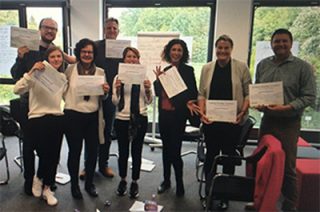
Introducing TetraMap to your organization the EASY WAY.
July 6, 2022 - TetraMap_AdminThis is a story of momentum, of something small that kept growing and is still growing strong for an IT consultancy with about 13.000 employees in 28 countries.
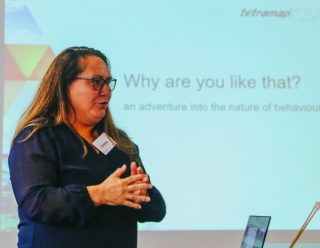
Learning – Practice makes Perfect
June 29, 2021 - TetraMap_AdminThe biggest resource and tool is you the facilitator. My delivery approach includes three Māori practices: āta, ako and aro.
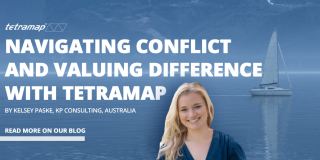
Navigating conflict and valuing difference
June 25, 2021 - TetraMap_AdminI see TetraMap as a powerful tool for engaging in early intervention and preventing a toxic work environment.
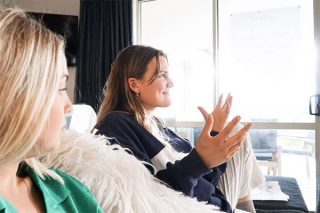
5 ways TetraMap® can improve your conversations
October 29, 2020 - TetraMap_AdminBy understanding the preferred natural behaviours – of me and others ~ even with complete strangers – brilliantly helps navigate all sorts of situations. Playing with this, we’ve deepened the tool even more to make a huge impact on every type of conversation, especially when combined with a magical coach-blend + emotional awareness.
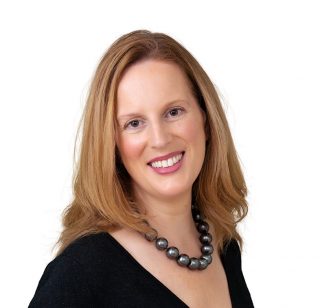
What’s really going on here? How TetraMap helps to grow systemic awareness
August 31, 2020 - BrettMany problems are complex and those we are experiencing in the 21 Century illustrate this well. Across the world, the threat of the Covid-19 pandemic presents levels of complexity that have and continue to grow. In technology, the future growth of AI is an ongoing debate made up of many different perspectives.
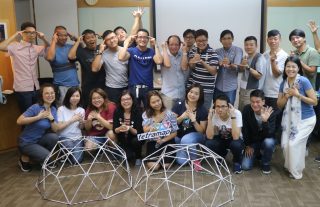
Extended learning after teambuilding
October 1, 2019 - LouiseI found the beauty of TetraMap® to be its possibilities to be inserted into or work together with other programs and tools which can help to strengthen whatever your expertise lays. For teambuilding facilitators, I urge you to explore new activities and new ways to debrief using TetraMap®. written by Vivien Hui, Certified TetraMap Facilitator, Essentia, Hong Kong .
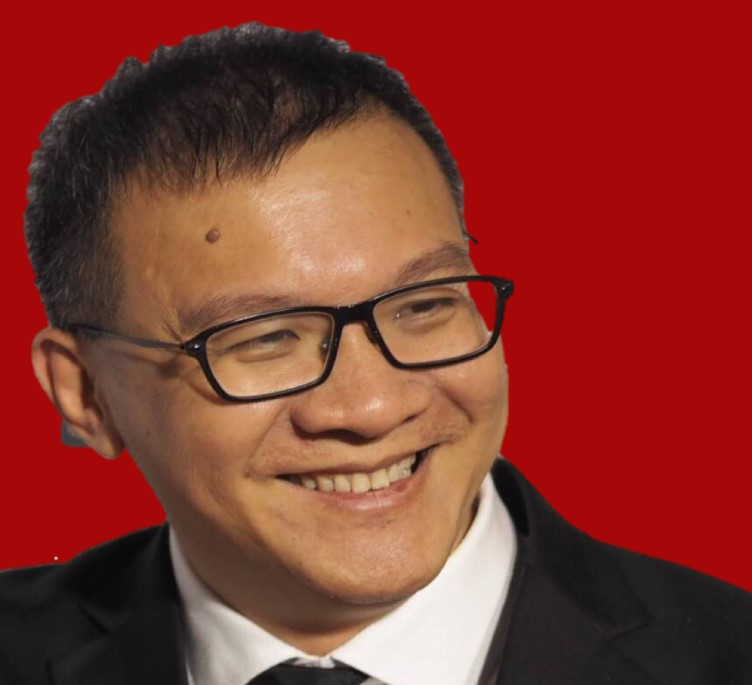
A New Dimension of My Approach to Program Design
May 17, 2019 - LouiseI have been speaking on platform for almost 20 years but I only came across program design 7 years ago. The first person who taught me program design was my teacher and mentor, Blair Singer, who was a student of Marshall Thurber, the creator of the program “Money & You”. The key takeaway from Blair was that good program design requires us to explore different ways to help the participants to maximise the learning in the room.

Feeling safe with TetraMap
May 6, 2019 - LouiseI’ve been working with the TetraMap model for about two years now. As I deepen my understanding of TetraMap and connect the dots to my other passions, I find myself drawn to the connections between diversity, psychological safety and TetraMap.
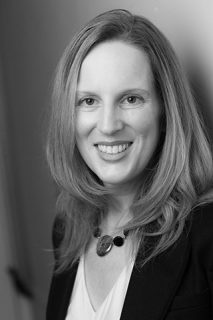
Psychological safety and the learning organisation
April 24, 2019 - LouiseAs someone who has worked in a range of company cultures and industries, the subject of psychological safety fascinates me. Like many people, when I look at my career so far, I can pinpoint environments and occasions where I have had an active voice and those where I chose to be less vocal because it didn’t seem as though my voice would count.

Feedback is a gift
January 7, 2019 - LouiseWith Christmas in the rearview mirror it’s a perfect time to think about the gifts you’ll be giving in 2019. If someone is important to you then they deserve a thoughful gift. As do you.

Accelerating team performance
January 1, 2019 - TetraMap_Admin06-04-14
As facilitators, we often have mere hours to help transform a team to improve performance. We apply a framework for improvement and hope the team will carry out these methods. But how can we encourage a team to make immediate change in the training room so it can be directly applied in day-to-day business?